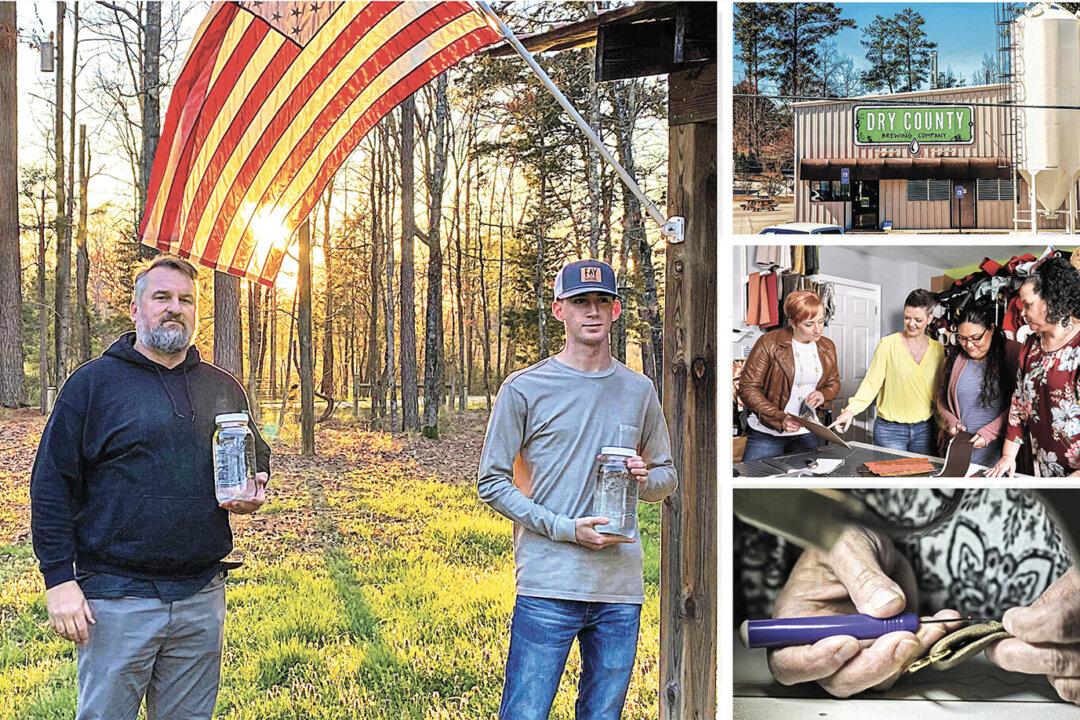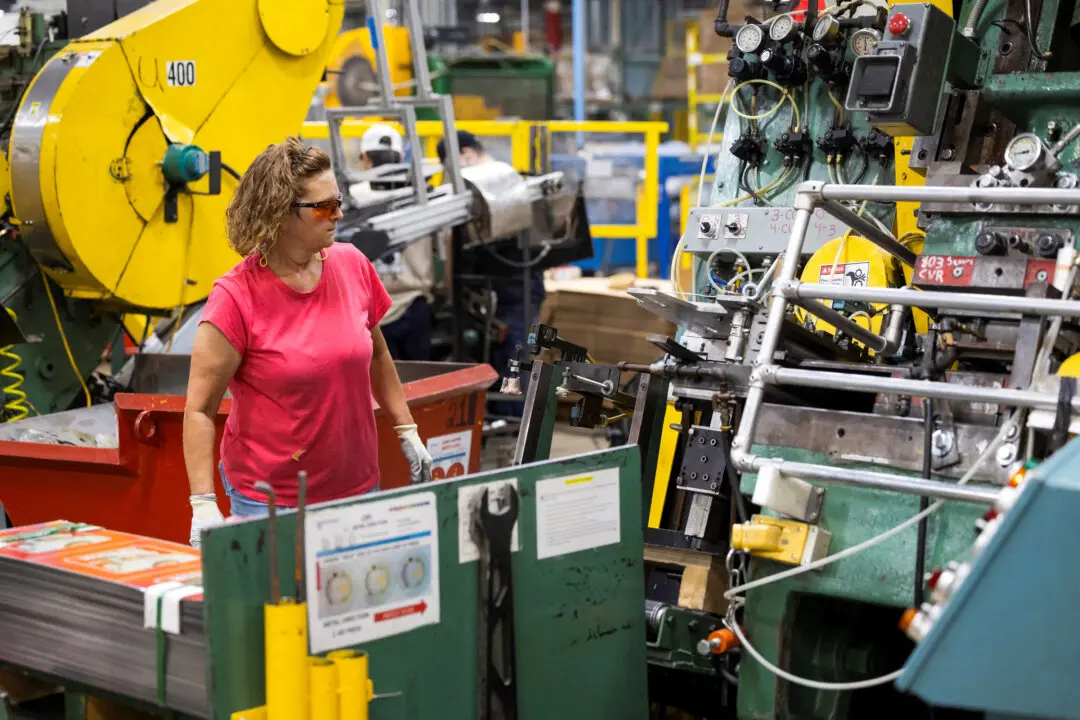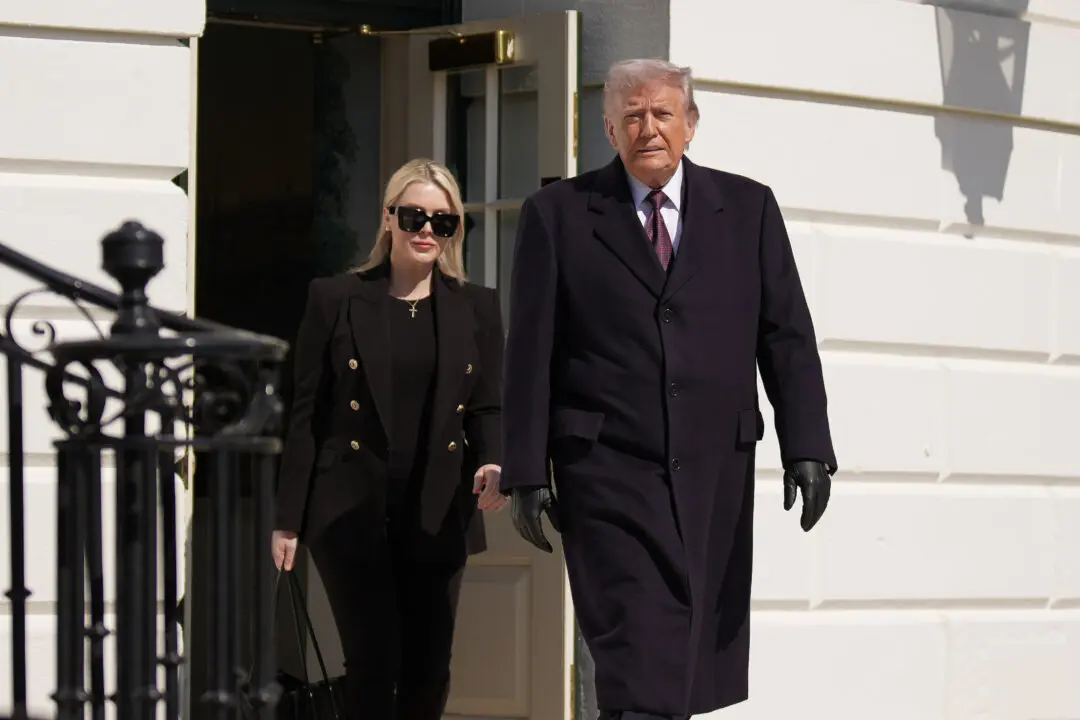WASHINGTON—In the fight against the pandemic, companies and nonprofits across the United States are gearing up to keep health care workers and their communities safe.
Countless small businesses and individuals bond together and use their crafts to vigorously ease medical supply shortages created by the outbreak. Acting out of compassion and generosity, these organizations are working around the clock to deliver hand sanitizers, masks, isolation gowns, and ventilators to those who need them the most.





